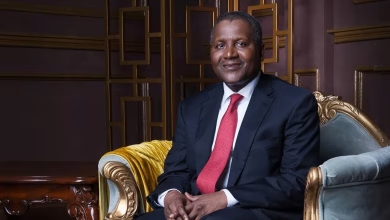Nigeria Switches Back to Pre-Independence National Anthem

- Nigeria restores its former national anthem
- President Bola Tinubu signs the bill into law
- The debate continues, with some even calling for broader national symbol changes
In response to widespread criticism, Nigeria has recently enacted legislation reinstating its former national anthem, originally discarded by a military regime in 1978, in favor of a military-themed anthem.
President Bola Tinubu signed the bill into law, emphasizing the symbolic significance of the reinstated anthem, “Nigeria, We Hail Thee,” penned by Lillian Jean Williams in 1959 and composed by Frances Berda.
However, this move has sparked controversy, with many questioning the government’s priorities amidst pressing issues such as insecurity, economic hardship, and a foreign exchange crisis.
Social media platforms have become avenues for dissent, with users expressing outrage and skepticism. Some criticized the decision as tone-deaf to the current challenges faced by the nation, while others lamented the adoption of a colonial-era composition over a locally authored anthem.
Former Education Minister Oby Ezekwesili declared her refusal to sing the newly reinstated anthem, affirming her allegiance to the anthem “Arise O Compatriots,” which has been in use for the past 46 years.
As discussions continue online, there are even calls for broader changes, including reevaluating the name “Nigeria” and redesigning the national flag. Despite the backlash, proponents of the anthem change argue that it fosters patriotism, cultural heritage, and national unity.
While parliamentary committee chairman Tahir Mongunu defends the decision as “apt, timely, and important,” opinions remain divided among Nigerians, with some, like Kano resident Habu Shamsu, welcoming the change for its inclusivity and lyrical appeal.






